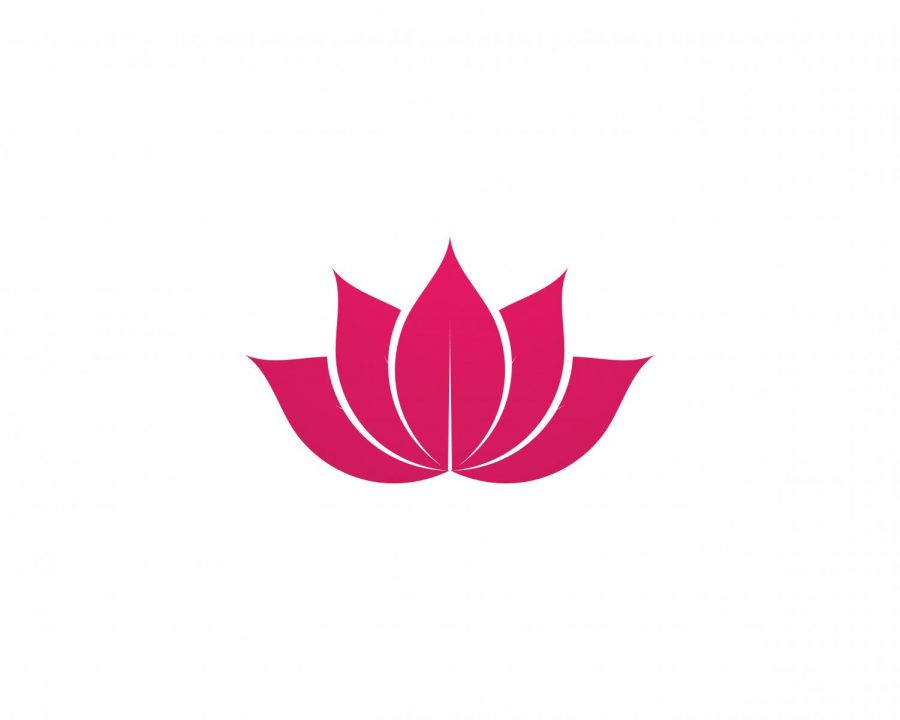What Is Happiness?
Image credit: “Ayurveda Vectors by Vecteezy“
September 7, 2020
This summer, during quarantine, I had the privilege to attend a two-week Buddhist festival. Essentially, it consisted of a great many teachings and meditation retreat sessions which I am proud to have participated in. During the festival I learned many new things, one of which was an explanation of happiness.
What is happiness? It seems to be something that we all strive for, but if you ask multiple people you’ll probably get many different answers. Is it the feeling of eating something delicious? Is it the feeling of being surrounded by friends and family? Can you find it by watching a movie, playing a cool video game, or enjoying some sort of drink?
Undoubtedly these things can feel great, but I don’t think that you can find true happiness within them. They’re not true happiness, but a temporary reduction of previous suffering. What does this mean? Well, we can take the example of having a headache and taking some sort of painkiller. First, we have a terrible headache and experience great pain. We might deal with it until we get home, and then we take the medicine. If it works, we feel relief from the pain; it is almost blissful. But not having a headache isn’t happiness. It’s a zero sum. If not having a headache was really happiness, then every headache-free person would be happy all the time.
So, then, what was that blissful feeling you got as soon as the unbearable headache lessened? It was the temporary reduction of a previous suffering. First you suffered, then the suffering lessened. . . but it’s temporary, and if the suffering doesn’t return as a headache, then it will return as hunger, thirst, an injury, and so on.
This is true for all the examples I gave in the beginning. The ‘happiness’ of eating something delicious is the reduction of the previous suffering of hunger. The ‘happiness’ of being surrounded by friends and family is the reduction of the previous suffering of loneliness. The ‘happiness’ of watching a movie or playing a video game is the reduction of the previous suffering of boredom or even being alone with your own mind. The ‘happiness’ of drinking is the reduction of the previous suffering of thirst… I think you get the point.
You can also see how these enjoyments are not causes of happiness because, if they were, the more you engaged in them the happier you’d get. But this is obviously not true. If you eat one sandwich, then another, then another, then another, then another, and keep going without ceasing. . . your stomach starts to expand, you start feeling uncomfortable. . . if you continue it almost becomes a sort of torture. Your body will get injured and should you keep eating, severely so. You will likely experience great pain. Obviously the same is true for drinking, but what about passive enjoyments like watching T.V? Well, if this was a true cause of happiness, then even if you were deprived of food, drink, and sleep for several days you would feel perfectly happy. In fact, you could watch the same 20 minute episode 100 times in succession and each time you watched it you would be happier than the last!
And I think we know from experience during the quarantine that hanging out constantly with close friends and family with no rest and no reprieve doesn’t equal ever-increasing happiness and joy.
So what then, is happiness? Happiness, I have learned, is the part of the mind that experiences inner peace. Hopefully all, but if not all then most of us have, at least for a few seconds, experienced peace. . . an experience of contentment and quiet, free from worry. And you can see that when you are peaceful, you are happy. It’s actually very simple.
Fortunately, this peace can be cultivated – but for that to happen effort is required. Whether you wish to apply it is up to you.





